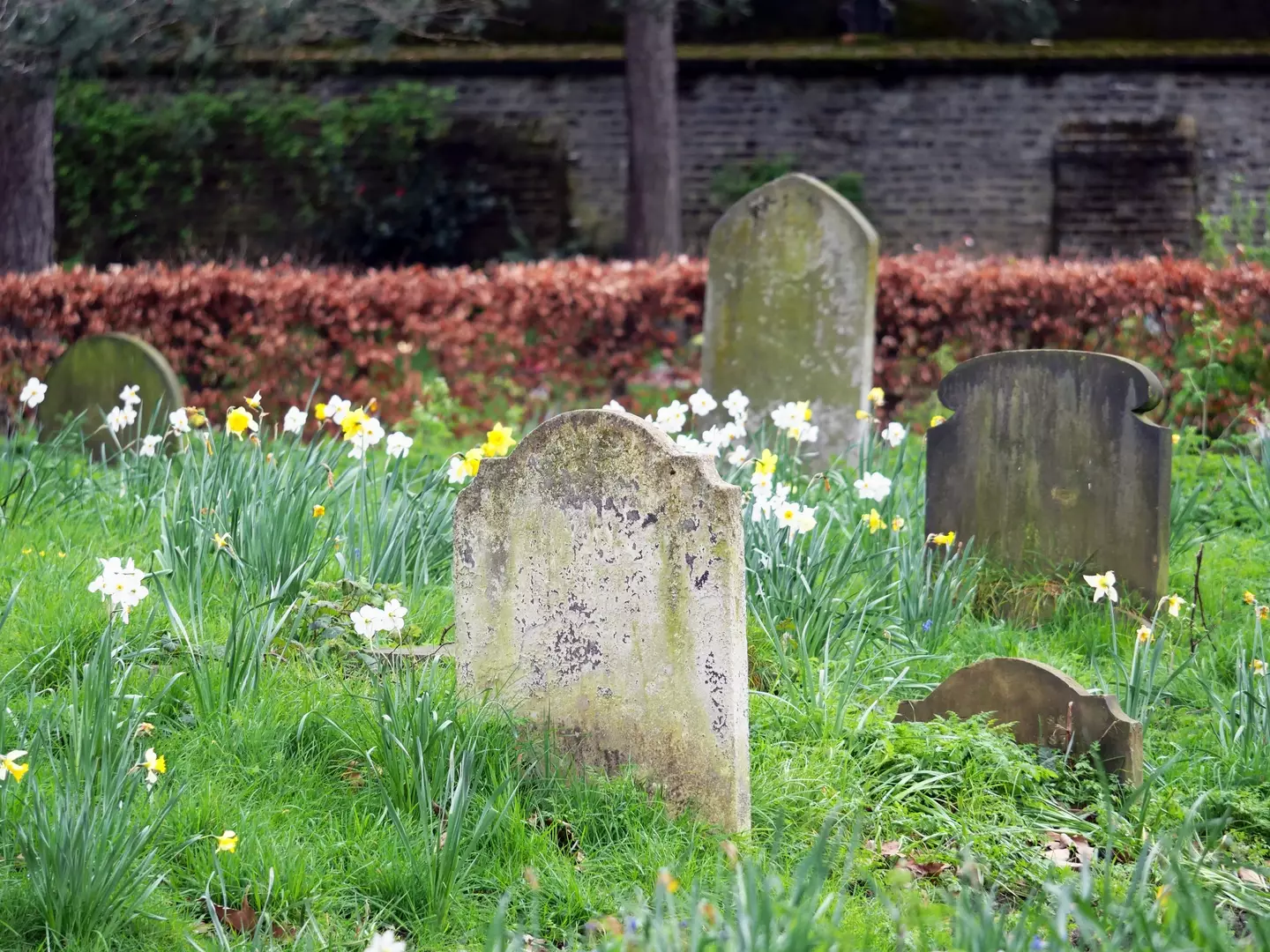
As humans, it’s natural that we can’t help but wonder what’s waiting for us when we die - it’s something that scientists, philosophers, and religious figures alike have pondered over for centuries.
From a bright white light, to moments from your life flashing before your eyes, to absolutely nothing, the question of what you see the moment your heart stops beating has produced a variety of different answers.
Of course, there’s no way to know for certain unless you die and miraculously come back to life to tell the tale.
However, scientists have given their verdicts on what they think happens based on the information they have - and it’s not too far from the theories.
Advert
A 2022 study conducted by a University of Louisville neurosurgeon, Dr Ajmal Zemmer, found that the brain could actually be ‘playing a last recall of important life events', as per Metro.

The findings came about after an 87-year-old man was admitted to the Vancouver General Hospital in Canada after a fall, and was then diagnosed with a subdural haematoma.
After the surgery, he started having seizures and doctors had to use an electroencephalogram to record them in an attempt to try and identify their cause.
But sadly, during one of the recordings, the man went into cardiac arrest and then passed away.
Scientists saw that in the 30 seconds on either side of his final heartbeat, there was an increase in a certain kind of brainwave.
After taking a look at the recordings, Zemmer found that ‘just before and after the heart stopped working, there were changes in a specific band of neural oscillations, so-called gamma oscillations, but also in others such as delta, theta, alpha and beta oscillations'.
I know you’re thinking, that sounds like a whole load of scientific jargon.

To explain, gamma oscillations are rhythmic fluctuations in brain activity that happen when you’re doing things like concentrating, dreaming, meditation, memory retrieval, and information processing.
It raised the wide question of whether we really do see our life ‘flash before our eyes’ in a dreamlike way in our final moments.
As per Sky News, Dr. Zemmer told ZME Science: "These findings challenge our understanding of when exactly life ends and generate important subsequent questions, such as those related to the timing of organ donation."
He added: "Something we may learn from this research is that, although our loved ones have their eyes closed and are ready to leave us to rest, their brains may be replaying some of the nicest moments they experienced in their lives.”
However, it’s important to note that this was a study on just one person and it involved a brain that had already been injured due to epilepsy.
Still, a very interesting concept to think about!